
Making Workplaces More Eco-Friendly
A look at how our daily habits can contribute towards a more sustainable workplace, driving businesses to be more environmentally responsible.
Banking giant Goldman Sachs recently told its 6,000 London employees; “Plastic isn’t as recyclable as many think. That’s why we’re eliminating it.” Subsequently ubiquitous plastic bottles sold from the bank’s vending machines, cafés and shops have been replaced by glass, aluminium and cardboard alternatives as part of a multi-faceted drive to help make the business more environmentally responsible.

Goldman Sachs will move to a brand new European headquarters in London this summer; a building with a top sustainability rating and a green roof garden that will use an advanced rainwater harvesting and filtration system to irrigate plants and reduce water consumption. Meanwhile large numbers of car parking spaces for senior executives have been replaced with extensive provision for cyclists.

Such initiatives offer a glimpse of how the future workplace might evolve if companies and employees take seriously their responsibility to preserve the planet, reducing their carbon footprint and cut plastic usage. Goldman Sachs for example reckons it is on track to remove 85% of the plastics it consumes by the end of 2019. Here we explore ways the workspace can become more eco-friendly.

Reducing plastics usage is only one component of the drive towards a more eco-friendly workplace. Heating, lighting, electricity and gas consumption all play a role in the overall impact an office has on the environment, while food consumption and business travel must also be considered for a company to tackle sustainability at all levels. Better management of heating and enhanced use of natural light are critical to a more energy efficient office, and with a growing number of small businesses and startups renting office space in trendy shared spaces, it is incumbent upon the providers of these spaces to set sustainiblity within the terms of leases and ensure recycling facilities are consistently available.

Shifting the daily commute from cars to sustainable transport modes like public transport, walking, cycling or carpooling not only helps the environment, it also incorporates physical activity into the work day, improving health and happiness. Allowing employees to work remotely on occasion will dramatically reduce commute times, as well as reducing stress associated with long commutes - all contributing towards a more mindful, more sustainable workplace.

Make green thinking a key part of the company culture - engage employees in the vision, listen to suggestions from team members how your organisation can be more sustainable. Every small change counts towards helping the environment, and will benefit your company as well.
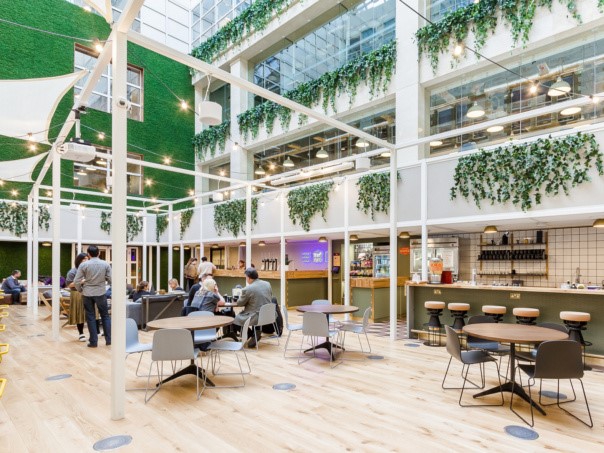
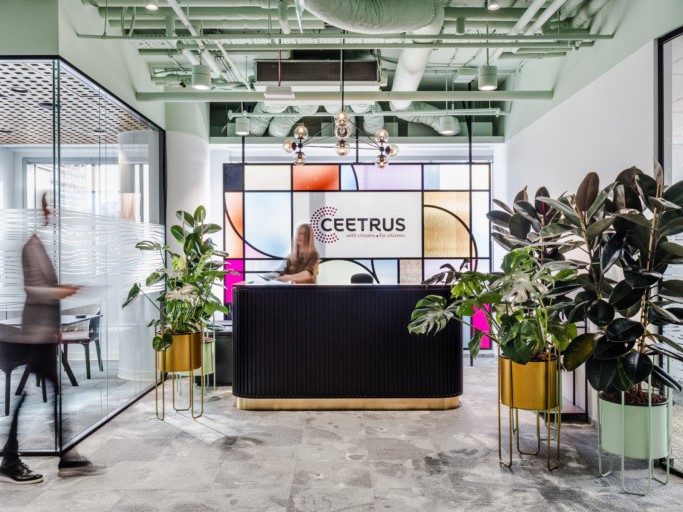




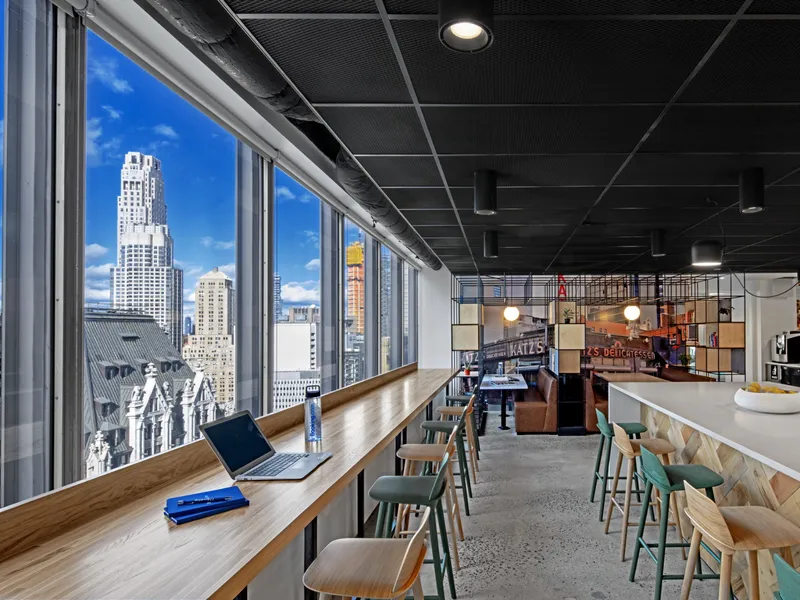
Bringing the company together in the heart of Manhattan's financial district, Booking.com have recently relocated into …
PROFESSIONAL SERVICES
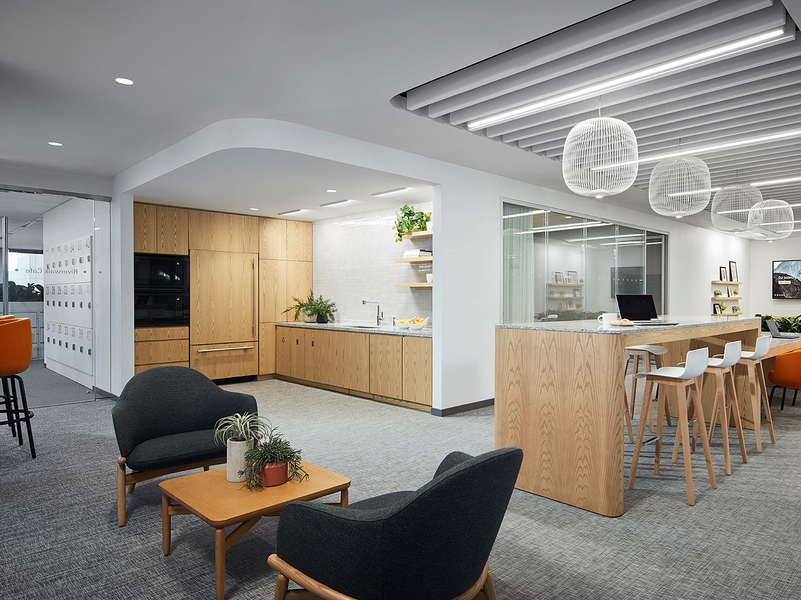
A global reinsurance company has recently partnered with Interior Architects to design their new offices in Chicago. A …
FINANCIAL SERVICES
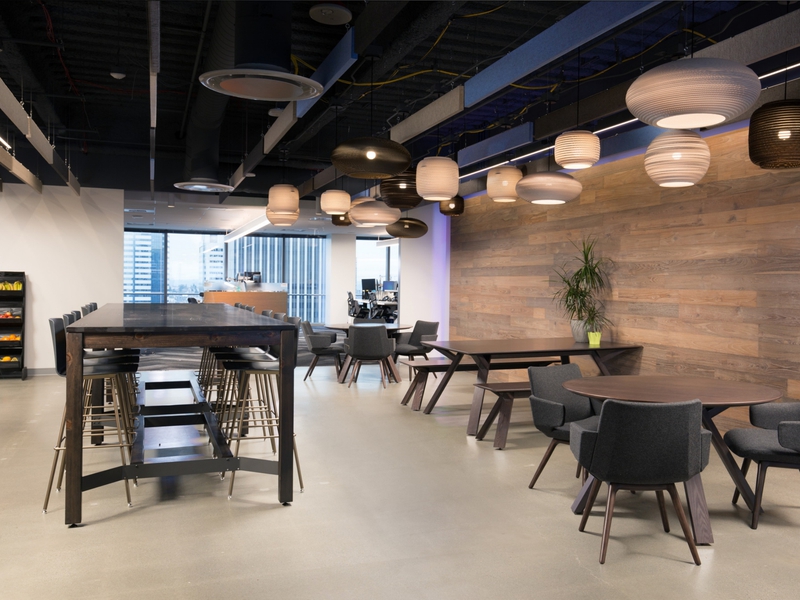
For their headquarters in Seattle, online real estate company Zillow Group have transformed their new offices into a po…
REAL ESTATE